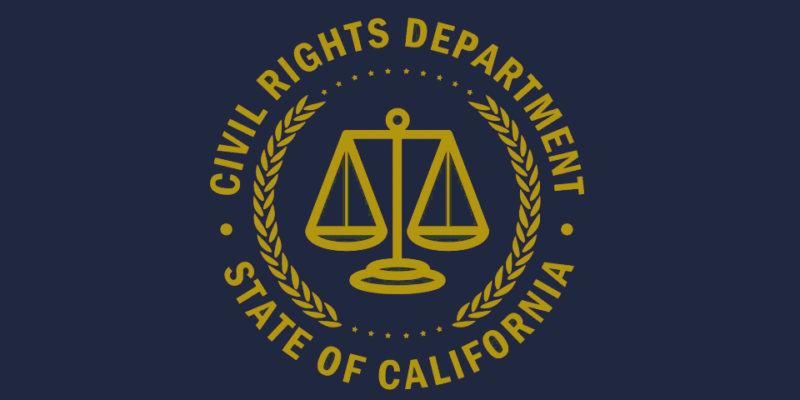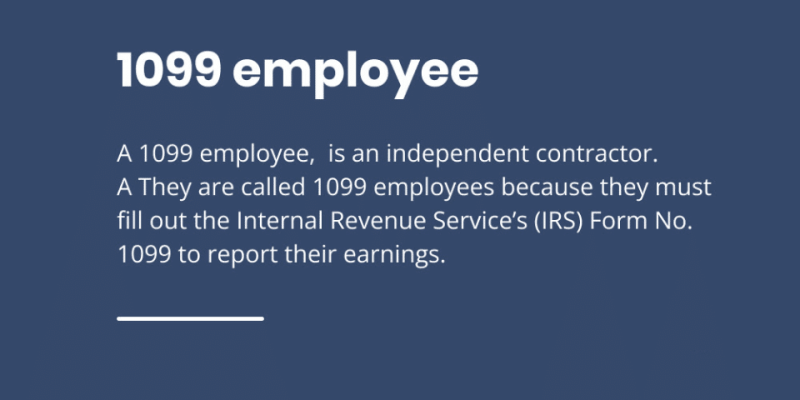How to File a CRD Complaint in California [2026 Update]
Filing a California CRD Complaint: A Step-by-Step Guide [2026 Update] Filing a California Department of Fair Employment and Housing complaint (now called a CRD complaint) can seem overwhelming if you've experienced workplace discrimination or harassment. However, this crucial process protects your rights and holds employers accountable for violating California's robust anti-discrimination laws. Fortunately, navigating the…











